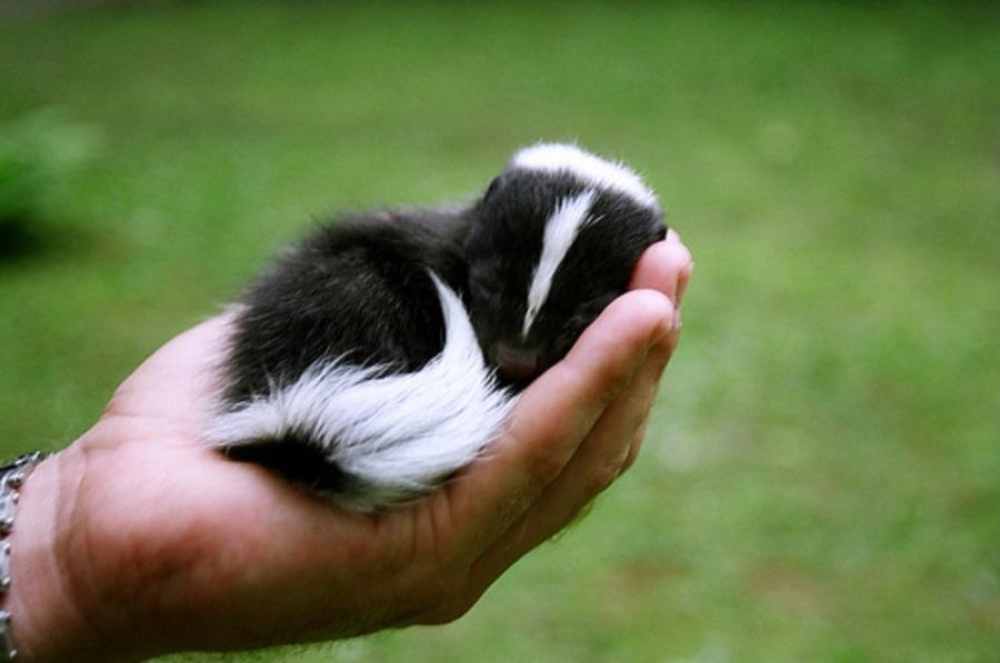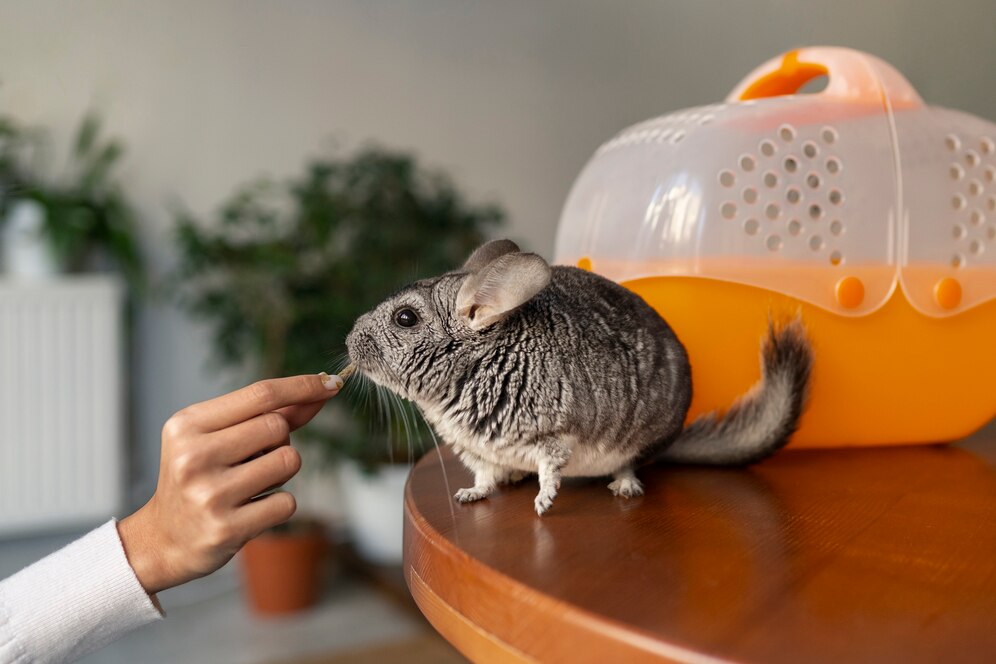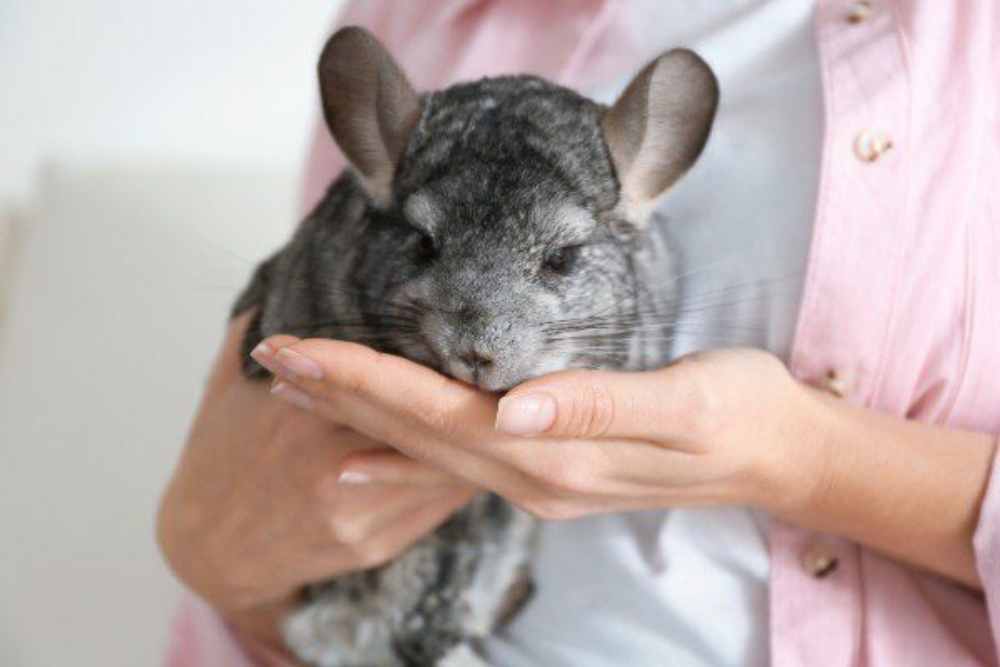
Ethical Considerations Before Getting an Exotic Pet
Exotic pets have gained popularity in recent years: their charm and the novelty of their genesis allure many. But the decision to care for an exotic pet is no small thing. It raises a lot of ethical issues.” This article explores the complexities of exotic animal ownership, the responsibilities it carries, and its impact on wildlife conservation and the pet trade.
Why Ethical Considerations Matter

Keeping an exotic pet is not only a personal decision. It raises more general ethical questions. “None of these issues just concern the individual animal—they concern the species and the ecosystem as a whole,” she said. Understanding the effects of exotic animal ownership is essential in making informed choices.
The Ethical Dilemma: Is It Ethical to Own Exotic Pets?
Is it ethical to own exotic pets? This question sparks debate. Supporters say that with proper care, exotic pets can thrive in captivity and offer educational and conservation benefits. Critics argue that keeping these animals can harm them, cause invasive species risks, and raise ethical issues about taking them from their habitats.
Animal welfare is a primary concern. Many exotic species have complex needs that are hard to meet in homes, leading to neglect and health issues. The capture and trade of exotic animals can also hurt wild populations, leading to species decline and ecological disruption.
Responsible Exotic Pet Ownership
If you’re thinking about getting an exotic pet, understand the responsibilities. Responsible ownership means committing to the animal’s physical, emotional, and social needs. This includes providing a suitable environment, diet, and healthcare and ensuring their safety.
Key Responsibilities of Exotic Pet Owners
Understanding Species-Specific Needs
Every exotic species has unique needs. You must know their natural habitat, behaviour, and diet. Do thorough research and seek expert advice to give proper care.
Providing a Suitable Environment
It’s crucial to create an environment that mimics the animal’s natural habitat. This includes the right space, temperature, humidity, and activities that stimulate natural behaviours. Not providing these can lead to stress and health problems.
Ensuring Proper Healthcare
Access to specialised veterinary care is vital for exotic pets. They often have specific health needs that require expert attention. Regular check-ups and preventive care are key to maintaining their health.
The Impact on Wildlife Conservation and the Pet Trade

The exotic pet trade affects wildlife conservation significantly. The demand for these pets can lead to overexploitation of wild populations, threatening species survival and disrupting ecosystems. Illegal trade is also a significant concern, contributing to the decline of endangered species and undermining conservation efforts.
Conservation Concerns
One major ethical issue is how the pet trade impacts wild populations. Many species are captured from the wild, reducing their numbers and affecting biodiversity. This can disrupt ecosystems, as the removal of key species can lead to imbalances.
The Role of Captive Breeding
Captive breeding programs can help conservation efforts by easing pressure on wild populations and offering alternative sources for exotic pets. However, these programs must be well-managed to ensure genetic diversity and animal well-being.
Additional Expert Tips & Common Mistakes to Avoid
For ethical exotic pet ownership, follow best practices—source pets from reputable breeders or rescue organisations that prioritise animal welfare. Avoid impulsive decisions and commit to long-term care for the animal.
Common Mistakes in Exotic Pet Ownership
A common mistake is underestimating the complexity of caring for exotic pets. Many owners are unprepared for the time, effort, and resources needed, leading to neglect and abandonment. Also, failing to comply with legal requirements can lead to legal issues and harm the animals.
Advanced Insights: Expert Recommendations
Experts recommend thorough research and consulting professionals before getting an exotic pet. Understanding the ethical implications and being ready to meet the animal’s needs are key to responsible ownership. Supporting conservation efforts and advocating for ethical practices in the pet trade can help protect wildlife and ecosystems.
Making Informed and Ethical Decisions

Owning an exotic pet is a serious decision that involves ethical considerations. However, one can make well-informed choices by taking the time to learn about their responsibilities, their purchase’s impact on wildlife conservation, and the intricacies of the pet trade. Responsible ownership requires multi-species with an emphasis on animal welfare and biodiversity conservation.
When considering the ownership of an exotic pet, consider the enormous implications and your capacity to create a proper environment for such a pet. Doing so will help promote a more ethical and sustainable way of owning exotic pets to help improve the well-being of animals and their ecosystems.
We can demonstrate that moral living can encourage wildlife conservation and responsible stewardship when we make ethical decisions in pet ownership. Each decision counts – make your choices with animal needs in mind.


